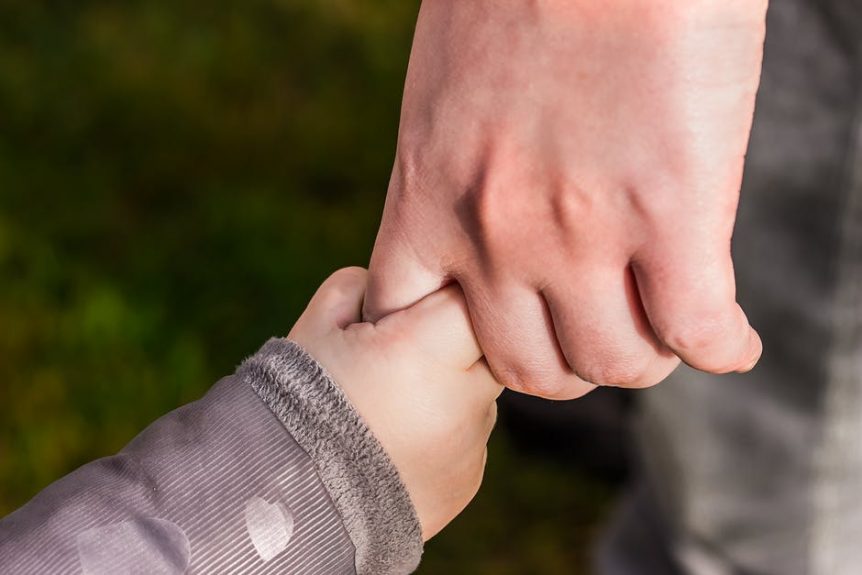Doing chores as a child has become part of the traditional British upbringing. It’s a great way to get your kids to help you out around the house, learn about responsibility and earn themselves a little bit of pocket money in the process. It’s extremely unlikely that your child is going to enjoy any task that you set them in this scenario, but you may as well make sure they’re helping out as much as possible while they’re at it. If you’re interested in going green and would like to help construct a sustainable future for your child, it’s not only important that you act yourself and start making changes within the home, but also that you teach your children to go forth into the future and act accordingly too. On this page you’ll find 7 environmentally conscious chore ideas that you can use in your own home.
- Hanging out washing on the line
Obviously this one will depend on the height of your child and if you even have a washing line. If your child isn’t tall enough or you don’t have a garden, hanging your wet clothes on a clothes horse is a great alternative and can be kept anywhere in or outdoors. Getting your child into the habit of air drying clothes is a great lesson to take into the future. Drying machines are not only bad for the environment in their high electricity usage , but they are an unnecessary cost to your family.
- Plant a tree or a plant
Trees and plants play an indispensable role in nurturing our environment. Beyond their aesthetic beauty, they function as essential guardians of ecological balance. Their capacity to absorb carbon dioxide (CO2) through the process of photosynthesis while releasing life-sustaining oxygen stands as a remarkable contribution to our planet’s health. Involving children in the cultivation and care of plants establishes an early and strong bond with the environment. Participating in practical activities such as growing succulent plants or Fig trees can cultivate a profound sense of accountability and guardianship for the natural world. This process also imparts tangible lessons in patience, commitment, and the organic rhythm of growth. Witnessing their efforts blossom into vibrant leaves, blooming flowers, or flourishing greenery offers a sense of achievement and a realization of the intricate web connecting all life forms.
- Declutter for recycling
Engaging children in the sorting of household recyclables is a hands-on way to promote environmental responsibility. They can take charge of categorizing items such as paper, plastic, glass, and cans into allocated bins. Teaching them about recycling symbols and the value of waste reduction nurtures their eco-conscious decision-making. The process becomes even more streamlined by opting for Skip Bin Hire Mandurah (or similar services in other areas) to gather these recyclables. Once the bin is full, the hired company can seamlessly take over the recycling process. This not only cultivates sustainable habits in kids but also offers a convenient and efficient solution for the entire family to contribute to recycling efforts.
- Create and use a compost bin
What is a compost bin? It is designed to allow the natural decomposition of natural matter, like fruit and vegetables. This could be a great way to teach your children how decomposition works and is a great alternative to the chemicals used in landfill sites.
- Sweep up rather than vacuum
Using a sweeping brush to clean your floors if you have laminate or easy to clean flooring is much more environmentally friendly and gives your child much more exercise in comparison to using the hoover. By doing this, you’ll not only use less electricity, but save noticeable amounts of money off your electricity bill.
- Grown your own food
Having a plant that produces food can be a fantastic way for your child to get excited about healthy eating: seeing the fruits (perhaps literally) of their labour and being able to taste how good growing your own food tastes is a great lesson to learn. This can also save you money by removing the need to buy certain produce from the supermarket.
- Wash the dishes, no dishwasher
Dishwashers use an insane amount of water and electricity. They can be helpful sometimes when you really don’t have the energy to wash a large amount of items; however, you should really make sure that the majority of the time, hand washing your dishes is your chosen method. Washing the dishes is a classic chore across generations and should be continued! Having your kids hand wash rather than lazily put everything in the dishwasher will save you money in tablets and electricity and will show them the importance of eco-friendly practices.
- Best learning toys for children as they age - July 19, 2023
- Luxury yacht charter vs. standard yacht charter: Which is right for you? - February 7, 2023
- Comfortable Shoes for Being on Your Feet All Day - January 10, 2023

Like It? Share It!